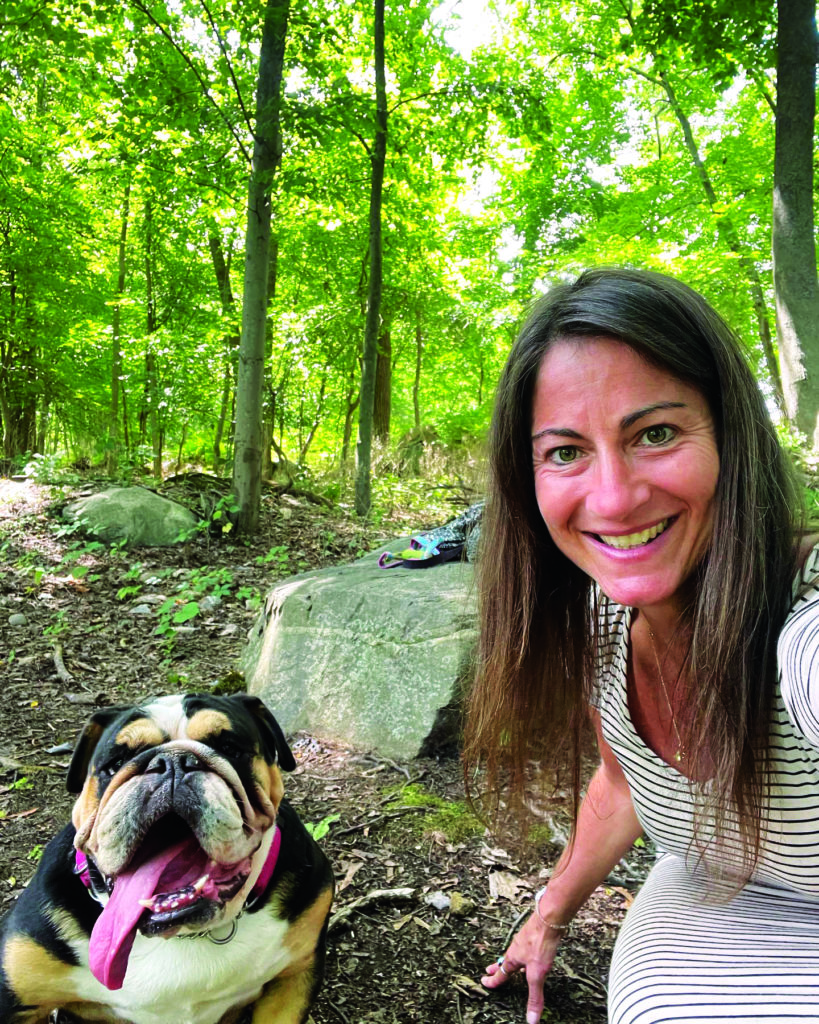by Dustin Rhodes
Brother Wolf Animal Rescue, in Asheville, North Carolina— one of the largest dog and cat recues in the Southeast—received a lot of calls during the pandemic from people they typically don’t hear from.
“We were getting calls from people who loved their pets dearly, took perfect care of them, but were destitute, having lost their jobs, cars, homes—everything—in a matter of days or weeks,” recalled Executive Director Leah Craig Fieser.
This happened everywhere in the country, but many people had nowhere to turn to as many shelters and rescues closed their doors during the lockdown portion of the pandemic. Programs designed to assist low-income pet owners were suspended.
Brother Wolf, which kept its doors open, immediately expanded a program it already had in place to help victims of domestic violence. “We said we’d take people’s pets for three months, put them in foster homes and return them when people got back on their feet,” Fieser said.
That program had to be extended to six months for some, but it proved to be effective. The rescue also took owner surrenders from anywhere, which meant all the impoverished regions of western North Carolina and eastern Tennessee.
“We had people driving hours to drop off their dogs and cats, with all their toys, in nice carriers, with food and water at Brother Wolf; we’d never seen anything like this,” said Fieser. “These pet owners were gutted and heartbroken, but they could not afford basic care.”
Fieser recounted how one family wrote letters to their dog, who Brother Wolf placed in emergency foster care because both parents lost their jobs and then their home.

“The kids asked that we read the letters to the dog, which basically said, ‘We love you so much. This is not your fault, and we can’t wait to see you again,’ ” Fieser said.
Thankfully, that had a very happy ending.
“Our whole staff sobbed receiving and reading these heartbreaking letters, but this family got back on their feet and were able to get their dog back about six months later,” Fieser said, with a beaming smile. “They even made a generous donation to us for helping them out.”
Despite the pandemic challenges, in 2020 the nation’s shelters saw the largest yearly reduction in dogs and cats killed (44.5 percent) to date, putting the nation at an 83 percent save rate, according to Best Friends Animal Society, an animal welfare organization.
Over the summer it released its sixth annual pet lifesaving dataset, which shows that about 347,000 cats and dogs were killed in America’s shelters in 2020, down from 625,000 in 2019.
However, we may never know the full scope of what happened during 2020 because hundreds of shelters—particularly in the South and Midwest—have not reported official data about how many animals were owner surrendered, adopted out or euthanized.
“Since we announced our no-kill goal the number of cats and dogs killed in shelters has decreased by 76 percent, down from about 1.5 million in 2016,” said Julie Castle, CEO of Best Friends. “This is incredible progress, but we must never lose sight that there are still over 950 cats and dogs killed every day just because they do not have a safe place to call home.”
Dog adoptions have been in slight decline for the past few years—starting before the pandemic. But that’s especially worrisome because heading into the fall of 2021 many shelters across the country were full again.
STILL WORK TO BE DONE
Transports—which take animals from over-burdened shelters in one region to ones in need of animals to adopt in another—ceased for an extended period during the early stages of the pandemic and are still operating at a greatly reduced capacity. While some areas were struggling with the staggering numbers of animals coming through the doors (especially in the South), in the North many shelters were empty.
“People went into shelters during the pandemic in the Northeast, and they were completely empty,” Fieser reported.
Also, veterinary offices and spay and neuter clinics closed across the country—some for months. Spay and neuter procedures—considered elective—were postponed indefinitely. Friends of Animals was able to work with veterinarians throughout the United States, including working with New York City’s overburdened shelter system—to get spay and neuter procedures scheduled with vets who would still perform the procedures. But some animals were adopted out without the usual requirements for spay and neuter.
“We’ve been told by some experts that the lack of spay and neuter during Covid will impact shelters for the next 10 years,” Fieser revealed.
On the bright side, Fieser said the pandemic positively transformed a lot of shelters in ways that will transcend the uncertain, stressful time.
“Some of the things we started doing will stick with us forever, because they made us a better organization—like scheduling individual appointments for adoptions. It was so much easier to make good matches,” Fieser said. “We’ve seen very few animals returned who were adopted during the pandemic. We realized how important really good customer service is.”

